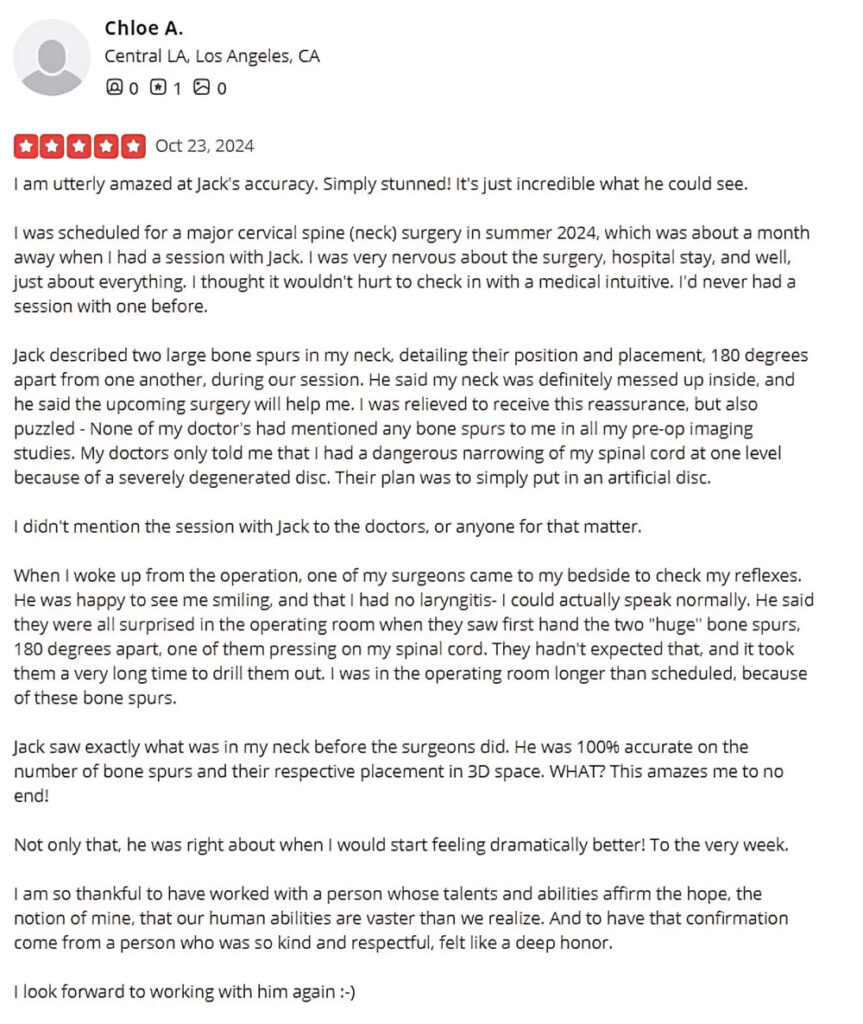Developmental trauma is more common than people realize, and it can affect them later in life. According to the National Child Traumatic Stress Network, 78 percent of children reported more than one traumatic experience before turning five. Common examples of traumatic childhood experiences include physical abuse, emotional abuse, mental illness within the household and parental separation.
Through the years, researchers have discovered that traumatic memories can live in the body, causing our mental and physical processes to malfunction. This can turn up in many different ways, affecting your adult life and relationships. However, many people are unaware of how childhood experiences affect adulthood.
How Childhood Experiences Influence Adult Life
When clients come for life coaching in Los Angeles, many of them are dealing with problems in their adult lives and are unaware of the connection between their childhood experiences and their adulthood experiences. Through life coaching sessions, we’re able to break through and understand the inner childhood wounds that must be healed.
So is it possible that you, too, are struggling with negative childhood experiences that are seeping into your adult life? Below are some of the ways that inner childhood wounds can impact your life today.
Greater chance for addiction and mental health disorders
Childhood trauma has been strongly linked to depression, substance use, anxiety, eating disorders and other mental health disorders. Individuals who do not receive help following a traumatic experience are more likely to struggle with conflict resolution and stress management skills. As a result, they tend to turn to food, drugs or alcohol to numb these internal conflicts.
Natural attraction to unhealthy partners
It is common for people who suffered childhood trauma to naturally seek out abusive or emotionally unavailable partners. However, this starts a new pattern of trauma that may include emotional or physical abuse. Part of the reason why people with past trauma seek out these relationships is because trauma feels oddly familiar.
Avoidance of healthy relationships
To expand on the above point, individuals with inner childhood wounds tend to avoid closeness with others. Even though they might have the opportunity to be in a healthy relationship, they often don’t allow themselves to because they believe they are too flawed or damaged. These individuals also tend to lack conflict resolution and communication skills needed for healthy connections.
Increase in chronic illness
Past traumatic experiences live in the body and can cause physical problems. Research shows that people who bury their feelings experience constant stress, which can lead to chronic illness. Part of this is due to the fact that stress can raise cortisol and norepinephrine in the body, increasing the risk for obesity, diabetes, autoimmune disorders, heart disease and certain cancers.
Lack of childhood memories
Individuals who suffered trauma as a child are less likely to remember their childhoods. This is known as blocking, a common defense mechanism that people use when they want to avoid painful feelings or memories. They may also feel as if their childhood was stolen from them. This can lead to problems with self-identity later on.
Schedule a Life Coaching Session Today
As you can see, childhood experiences have a profound effect on our adult lives. If you are currently struggling in your adult life, it could be due to your inner childhood wounds. By booking a life coaching session in Los Angeles with Jack Rourke, you can process unresolved trauma in a safe, supportive place.






